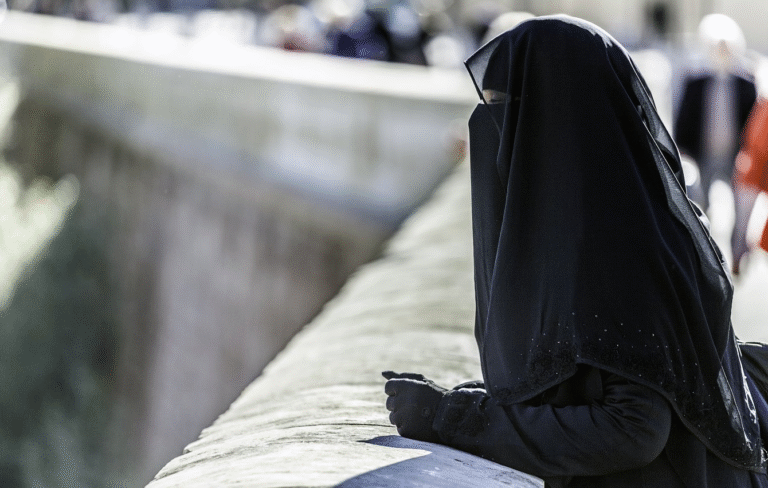Islamic women’s role have always been prominent and are frequently the topic of both appreciation and misconception. In Islam, women have the same spiritual and social status as males, women are respected and treated with dignity. They are given the opportunity to take part in social activities, inherit property and get education. Women not only caregivers for their families, but also are active contributors to the development of equitable societies. In Islamic history, women made significant contributions as a scholars, businesspersons, caregivers and community builders, they were not limited to the house. Examining the contributions, rights and empowerment of women uncovers the reality that Islam regards women as vital participants in constructing family, community and faith.
Rights of Women in Islam
Islam provided women considerable legal, social and spiritual rights when many other culture and societies did not, which is one of its most incredible characteristics.
- Spiritual Rights: According to Islamic teaches, men and women are on equal ground before Allah. Both are responsible for what they have done and are guaranteed exactly equal spiritual benefits for their acts of goodness and faith.
- Education: All Muslims, men or women have the responsibility to seek knowledge. Women scholars have been around for decades because of the Prophet (PBUH) encouragement for women to learn and teach.
- Marriage and Family Rights: Women gets the right to receive dowry, the choice for her spouse and to be treated with dignity and respect. In some situations, she may also be able to file for divorce.
- Economic Rights: Women have the freedom to manage their resources, own property and earn money to survive independently. Men are in charge of paying household bills, however, women have no responsibility to do so.
- Inheritance: Despite differences in distribution based on family role, women have the right to receive inheritance, which guarantees their financial stability.
Islam established the groundwork for women’s independence and respect by recognizing these rights long before other societies did the same.
Empowerment through Faith and Social Roles
In Islam, women have importance spiritually and socially in addition to having legal rights, which empowers them. Women are recognized in the Quran as an essential participants in establishment of the families and communities. Motherhood is highly respected duty, as it is stated that Paradise lies under the feet of mothers. Women have been urged to engage in public life at the same time. Women have worked in medicines, business, even as nurses and support members on the battlefield from the early days of Islam. Khadijah (R.A), first wife of Prophet (PBUH) was a successful businesswoman, who supported early Muslims community emotionally and financially. Another wife of Prophet (PBUH), Aisha (R.A) became a popular scholar and guided future generations by narrating thousands of hadiths. This combination of social service and spiritual importance shows that Islamic empowerment is about supporting each other in creating strong families and communities rather than competing with men.
Contributions of Women in Islamic Society
Beyond the house, Islamic women have made great contributions to educations, healthcare, leadership, and many other fields throughout the history. Women have been actively involved in public life and have played important role in creating strong families and communities since the early days of Islam.
- Education: A large number of early female scholars were important in protecting Islamic teachings. Women are still influencing future generations as scholars, researchers, professors and educators today.
- Healthcare: Women were used to serve as caregivers or healers in battles during the Prophet’s lifetime. Muslim women are now making contributions to global health as physicians, medical researches and nurses.
- Leadership and Community Work: Although cultural norms about women’s leadership positions differ, history recorded female rulers in Muslim countries like Queen Arwa of Yemen. Women now holds leadership positions in corporations, advocacy group and donations organizations, indicating their influence on society.
- Family and Social Welfare: In order to raise families and teach Islamic teachings to younger, women lays a crucial role. Their charitable contributions, volunteer efforts and support networks have made a tremendous effect on the wellbeing of community.
These achievements and contributions show that how important women have always been to the advancements of social welfare, justice and education.
Addressing Misconceptions
There are still false beliefs about women in Islam in spite of these successful achievements and contributions. Some cultures place limitations on girl’s participations in society and their access to education that are not included in Islamic teachings. These customs are often derived from cultural traditions rather than religion. In its purest form, Islam encourages harmony, women are neither victimized, nor required to surrender their duties and role in family in order to achieve social success. Islam, on the other hand, promotes justice and respect for each other. To truly appreciate women’s role in Islam, one need to understand the difference between religion and culture.
The Balance of Rights and Responsibilities
Rights and responsibilities are connected in Islam. In addition to being granted autonomy, respect and safety, women are also assigned responsibilities, towards their families, communities and religion. This balance provides a foundation for women to grow socially, intellectually and spiritually while making major improvements in society.
